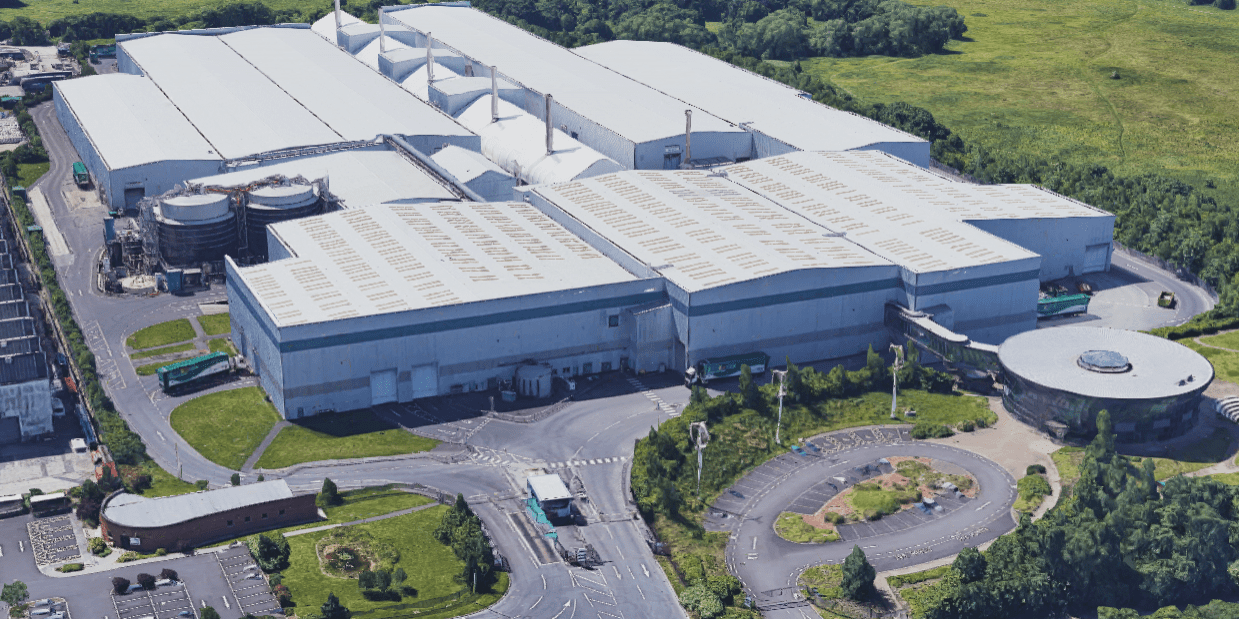Lancashire Renewables Leyland and Thornton Cleveleys, waste handling and recycling facilities fire risk assessments.
Lancashire Renewableshas 2 facilities that collect and recycle all the household domestic waste from the South Ribble and Chorley district (Leyland Facility), and the Blackpool, Fleetwood, Thornton and Cleveleys waste (Thornton Facility).
The sites are capable of handling approximately 600,000 tonnes of waste per year.
The waste is separated into constituent elements, cardboard, and paper, plastic, glass, tin alloys, and ferrous metals and recycled, and reused.
Compass HSC Ltd has been commissioned to carry out fire risk assessments across the site covering all areas including offices and administration facilities, site operational control centre ( Hub) and the waste processing facilities.
The initial challenge was to establish the received wastes journey through the process and how the waste was then separated, this involved discussions with Managers, Operators, and Maintenance team members.

The Waste Separation Process:
Lancashire Renewables separation process is extensively automated through the use of conveyors and shredders, with very little actual human process interface which only involved a handful of people on each shift, so the risk to life was extremely low.
It was necessary to determine the type of installed fire protection systems and how they work and communicate, and what arrangements were put in place to service and maintain the functionality of the system.
The original drawings of the building structures were obtained and reviewed to establish the columns and cladding fire protection standards.
The ability to recognise the fuel types and their association with daily direct and indirect heat sources against which the predictability of fire and fire outcome come to be assessed and requires a level of competence and experience and the ability to make qualified recommendations for any ongoing improvements that will reduce the risk of a fire event or mitigate the consequences.
The entire process took 6 days at Farrington, and 4 days at Thornton, all in all, 15 individual fire risk assessments were produced, and an extracted action spreadsheet produced for each site highlighting all actions needed to either reduce fire risk or improve fire risk integrity.
A Compass HSC fire risk assessment is a hassle-free risk assessment that identifies potential fire hazards and those at risk. We work to remove or reduce fire risk.
Compass HSC helps all types and sizes of business, from retail shop to multinational bluechip organisations. whether it’s a small space or entire complex, we will complete the fire risk assessment with minimal disruption to you or your team.
Contact us to see how we can help your business.
